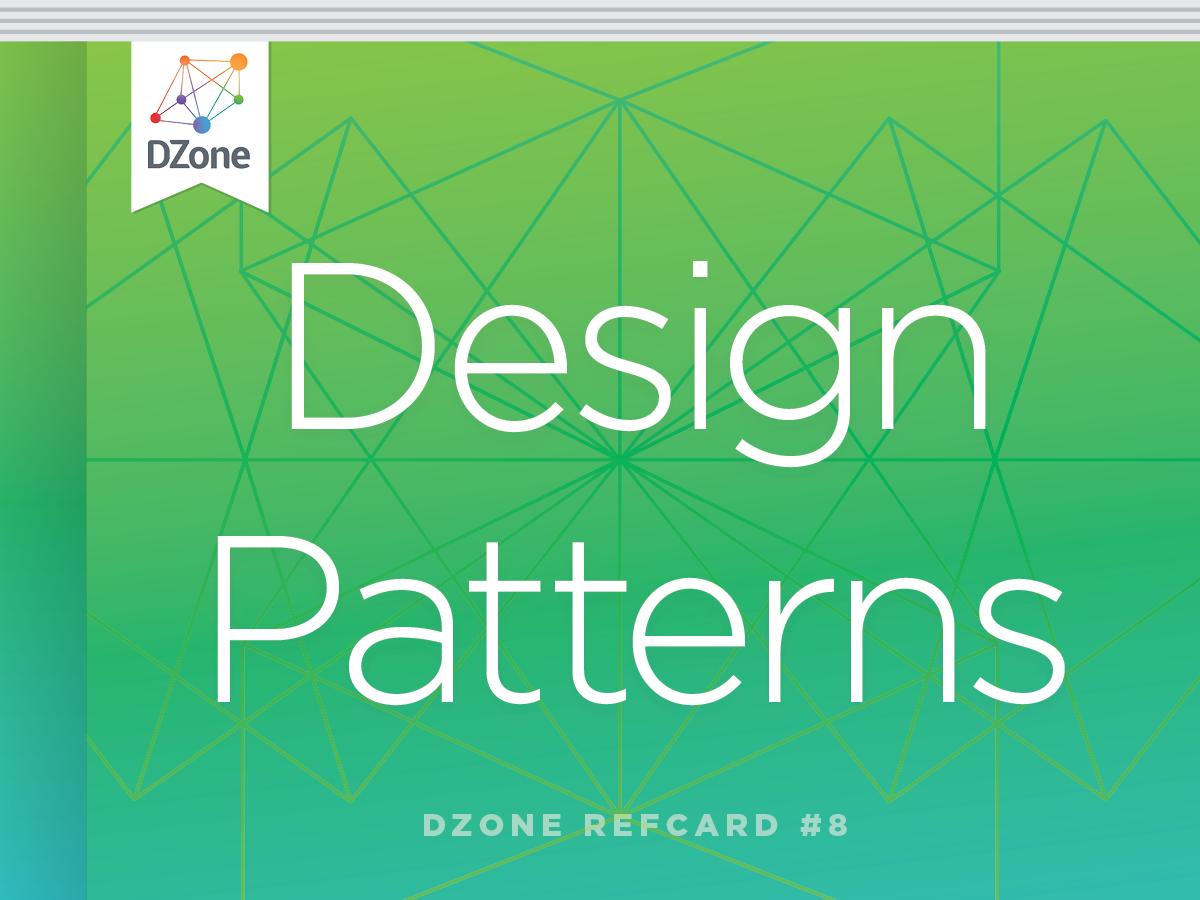Design Patterns In C# Pdf
- C# Design Patterns For Beginners
- Professional Design Pattern In C# Pdf
- Design Patterns In C# Ebook Pdf

“Design Patterns in C#” is a free eBook by Jean Paul V.A. This book is the compilation of his last 1 year learning effort in Design Patterns.
Description
Jean Paul V.A is a Software Developer working on Microsoft Technologies for the past 10 years. He has been passionate about programming and mentored lots of developers on .Net and related Technologies. He has been holding MCPD and MCTS Certifications in: Windows Applications, ASP.NET, SQL Server, SharePoint and WCF.
Table of Contents
Design Patterns in C# (Software Patterns (Paperback)) Steven John Metsker on Amazon.com.FREE. shipping on qualifying offers. For students learning in the Microsoft environment, this book is a companion to the original Design Patterns text tailored to the C#. This book is an application book.
C# Design Patterns For Beginners

- Singleton pattern
- Command pattern
- Adapter pattern
- Decorator pattern
- Strategy pattern
- Template method pattern
- Visitor pattern
- Observer pattern
- Builder pattern
- Chain of responsibility pattern
- Abstract factory pattern
- Factory method pattern
- Flyweight pattern
- Proxy pattern
- Facade pattern
- State pattern
- Iterator pattern
- Mediator pattern
- Memento pattern
- Prototype pattern
- Bridge pattern
- Interpreter pattern
- Composite pattern
- References
- Source code
Book Details
Professional Design Pattern In C# Pdf
Format(s): PDF
File size: 2.25 MB
Number of pages: 94
Link: Download.
Design Patterns In C# Ebook Pdf
Design Patterns: Elements of Reusable Object-Oriented Software 5 Preface to CD As we were writing Design Patterns, we knew the patterns we weredescribing had value because they had proven themselves in manydifferent contexts. Hands-On Design Patterns with C# and.NET Core begins with an overview of object-oriented programming (OOP) and SOLID principles. It provides an in-depth explanation of the Gang of Four (GoF) design patterns, including creational, structural, and behavioral.